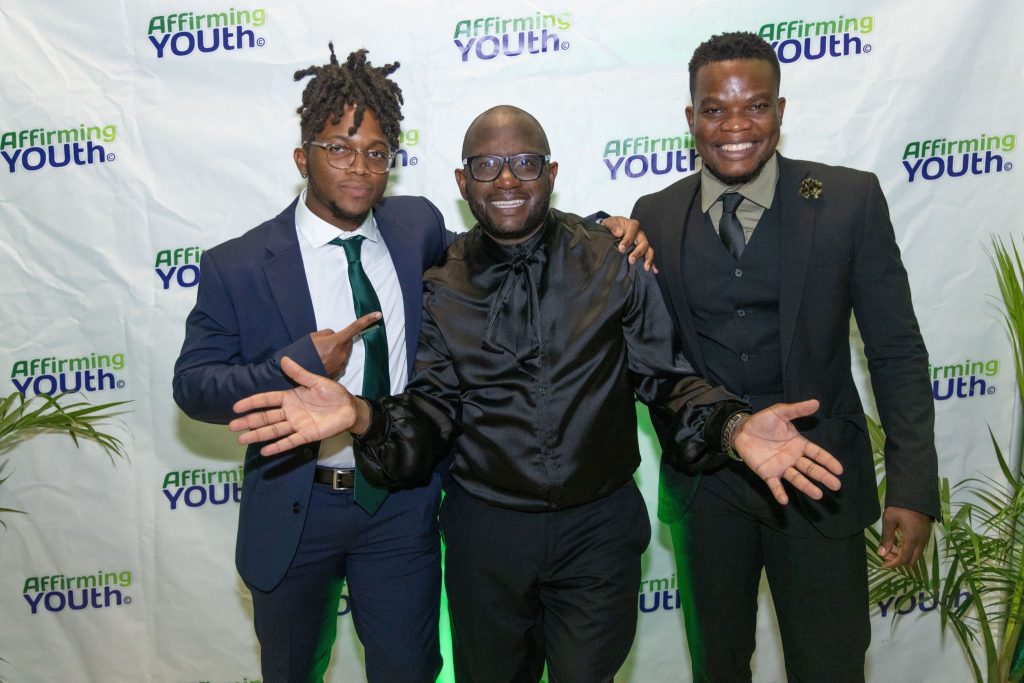As a doctoral candidate of African descent, I am personally familiar with the persistence required of high-achieving graduate students, especially those attending institutions with a majority White student population. Throughout my first semester, I struggled greatly to comprehend theory, structure my writing within conceptual frameworks, and analyze and synthesize statistical data. I was able to overcome these obstacles by building ties with other Black scholars who appreciated my individuality and provided me with support.
These experiences enabled me to mentor other high-achieving graduate students who, like me, face a variety of environmental factors that shape their graduate experiences, including isolation, the inherent difficulties of being a first-generation scholar, and the need to adapt culturally and socially to academia. Moreover, research supports these barriers. For example, graduate students may endure psychological stress due to the shift from undergraduate-level to more intense graduate-level education, cognitive issues with learning how to conduct research, and difficulties negotiating academia’s social norms and expectations (Austin & McDaniels, 2006; V. L. Baker & Pifer, 2011; Burt, 2017; Gardner, 2007).
Currently, I am mentoring two Black male Ph.D. students, Michael Spooner and Jeffrey Pierre, who are interning at the Affirming Youth Foundation, Inc. I frequently share my experiences with them and reflect on how I got to be who I am. I am also open to their experiences and appreciative of their accomplishments. The reciprocal sharing of our experiences humanizes and affirms our individual experiences. When I share my knowledge and information, it helps them understand how to negotiate and navigate their academic careers, including how to deal with potential problems. At the same time, it takes into account the whole person. By making efforts to acknowledge the humanity and unique experiences of our young Black students, we can guarantee them the futures they truly deserve.
“As a Maryland native, relocating to Miami was a massive culture shock for me. I have always been a driven and focused student, but occasionally I found myself buckling under the workload, expectations, and cultural norms consistent with the graduate school experience. Working at Affirming YOUth with other accomplished Black professionals would prove to be a lifeline for me, and I learned to matriculate my degree program while under the caring and watchful eye of those that looked like me. Though I know I am talented enough to succeed no matter where I land, it was extremely helpful to have access to a safe space that saw the entirety of my humanity and was invested in my success. I am very grateful for my experiences with Mr. Spikes and the Affirming YOUth staff, and they will forever be an important part of my development as a young adult and professional,” says Michael Spooner.

